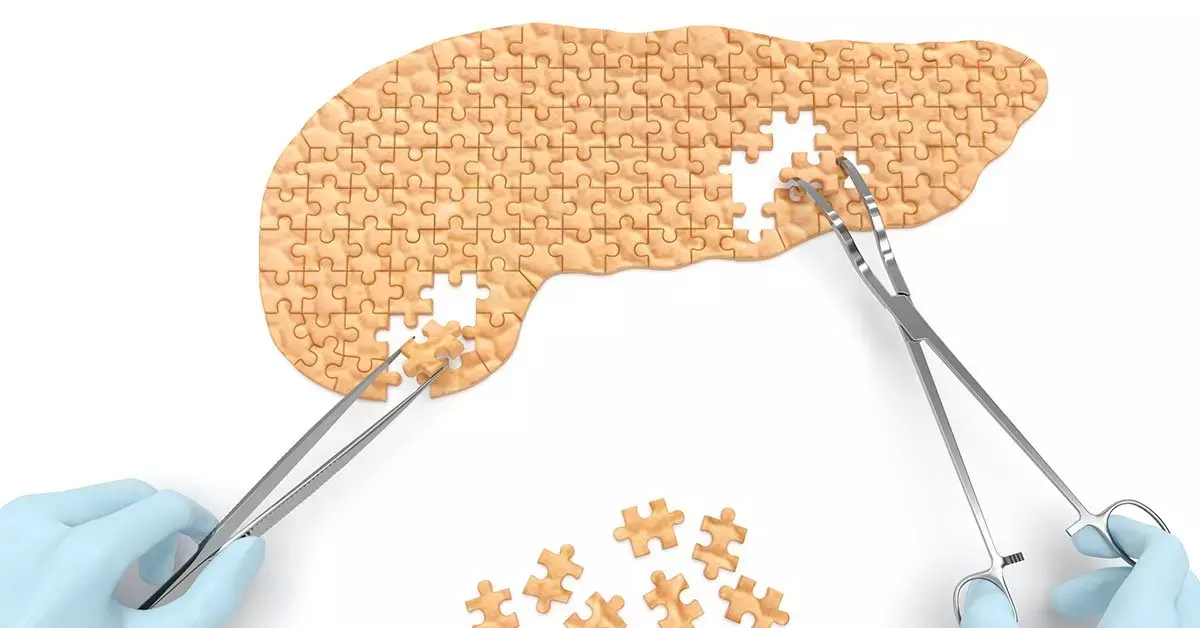- Home
- Medical news & Guidelines
- Anesthesiology
- Cardiology and CTVS
- Critical Care
- Dentistry
- Dermatology
- Diabetes and Endocrinology
- ENT
- Gastroenterology
- Medicine
- Nephrology
- Neurology
- Obstretics-Gynaecology
- Oncology
- Ophthalmology
- Orthopaedics
- Pediatrics-Neonatology
- Psychiatry
- Pulmonology
- Radiology
- Surgery
- Urology
- Laboratory Medicine
- Diet
- Nursing
- Paramedical
- Physiotherapy
- Health news
- Fact Check
- Bone Health Fact Check
- Brain Health Fact Check
- Cancer Related Fact Check
- Child Care Fact Check
- Dental and oral health fact check
- Diabetes and metabolic health fact check
- Diet and Nutrition Fact Check
- Eye and ENT Care Fact Check
- Fitness fact check
- Gut health fact check
- Heart health fact check
- Kidney health fact check
- Medical education fact check
- Men's health fact check
- Respiratory fact check
- Skin and hair care fact check
- Vaccine and Immunization fact check
- Women's health fact check
- AYUSH
- State News
- Andaman and Nicobar Islands
- Andhra Pradesh
- Arunachal Pradesh
- Assam
- Bihar
- Chandigarh
- Chattisgarh
- Dadra and Nagar Haveli
- Daman and Diu
- Delhi
- Goa
- Gujarat
- Haryana
- Himachal Pradesh
- Jammu & Kashmir
- Jharkhand
- Karnataka
- Kerala
- Ladakh
- Lakshadweep
- Madhya Pradesh
- Maharashtra
- Manipur
- Meghalaya
- Mizoram
- Nagaland
- Odisha
- Puducherry
- Punjab
- Rajasthan
- Sikkim
- Tamil Nadu
- Telangana
- Tripura
- Uttar Pradesh
- Uttrakhand
- West Bengal
- Medical Education
- Industry
Prophylactic pancreatic stent with rectal indomethacin prevents post ERCP pancreatitis: Lancet

Pancreatitis is a known risk following ERCP and has long posed challenges for clinicians due to its complexity and potential harm. A recent study suggests a promising strategy to prevent pancreatitis in high-risk individuals who undergo endoscopic retrograde cholangiopancreatography (ERCP). The key findings were published in the recent edition of the The Lancet journal.
This comprehensive research was conducted across 20 referral centers in the USA and Canada and highlights a combination therapy that involved rectally administered indomethacin and prophylactic pancreatic stent placement. The findings of this study challenge the existing practices and offer a potentially safer and more effective alternative.
The randomized, non-inferiority trial included over 1950 patients who were aged 18 years and above and deemed to be at high risk for post-ERCP pancreatitis. The patients were randomly assigned to receive either rectal indomethacin alone or a combination of indomethacin and a pancreatic stent.
The results revealed that post-ERCP pancreatitis occurred in 14.9% of patients in the indomethacin alone group when compared to 11.3% in the combination therapy group. While the difference did not meet the predetermined criteria for non-inferiority, a subsequent analysis suggested that the combined approach was superior to indomethacin alone.
Also, this study highlighted consistent benefits of stent placement across various patient subgroups among the individuals at the highest risk for pancreatitis. Overall, the safety outcomes which includes the serious adverse events and hospital stays did not differ significantly between the two treatment groups.
These findings have significant implications for clinical practice. Dr. [Lead Researcher's Name], the lead investigator of the study, emphasized the importance of incorporating prophylactic pancreatic stent placement alongside indomethacin administration in high-risk patients, aligning with current clinical guidelines.
These outcomes mark a crucial stride in the management of ERCP by offering clinicians a more robust strategy to reduce the risk of post-procedural pancreatitis. The combined approach demonstrates effectiveness and additionally address the concerns regarding the technical complexity and cost associated with pancreatic stent placement.
Source:
Elmunzer, B. J., Foster, L. D., Serrano, J., Coté, G. A., Edmundowicz, S. A., Wani, S., Shah, R., Bang, J. Y., Varadarajulu, S., Singh, V. K., Khashab, M., Kwon, R. S., Scheiman, J. M., Willingham, F. F., Keilin, S. A., Papachristou, G. I., Chak, A., Slivka, A., Mullady, D., … Durkalski-Mauldin, V. (2024). Indomethacin with or without prophylactic pancreatic stent placement to prevent pancreatitis after ERCP: a randomised non-inferiority trial. In The Lancet (Vol. 403, Issue 10425, pp. 450–458). Elsevier BV. https://doi.org/10.1016/s0140-6736(23)02356-5
Neuroscience Masters graduate
Jacinthlyn Sylvia, a Neuroscience Master's graduate from Chennai has worked extensively in deciphering the neurobiology of cognition and motor control in aging. She also has spread-out exposure to Neurosurgery from her Bachelor’s. She is currently involved in active Neuro-Oncology research. She is an upcoming neuroscientist with a fiery passion for writing. Her news cover at Medical Dialogues feature recent discoveries and updates from the healthcare and biomedical research fields. She can be reached at editorial@medicaldialogues.in
Dr Kamal Kant Kohli-MBBS, DTCD- a chest specialist with more than 30 years of practice and a flair for writing clinical articles, Dr Kamal Kant Kohli joined Medical Dialogues as a Chief Editor of Medical News. Besides writing articles, as an editor, he proofreads and verifies all the medical content published on Medical Dialogues including those coming from journals, studies,medical conferences,guidelines etc. Email: drkohli@medicaldialogues.in. Contact no. 011-43720751


